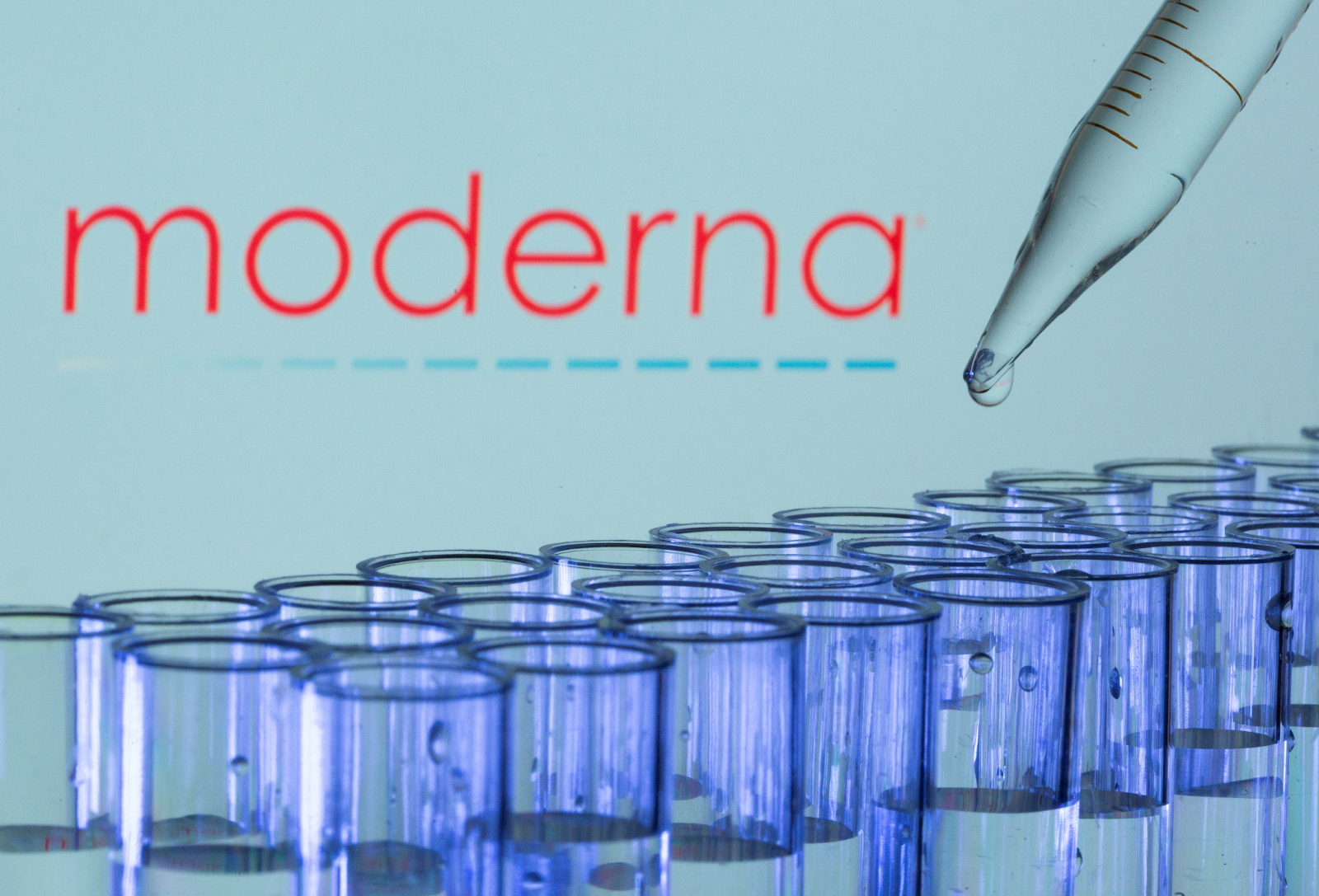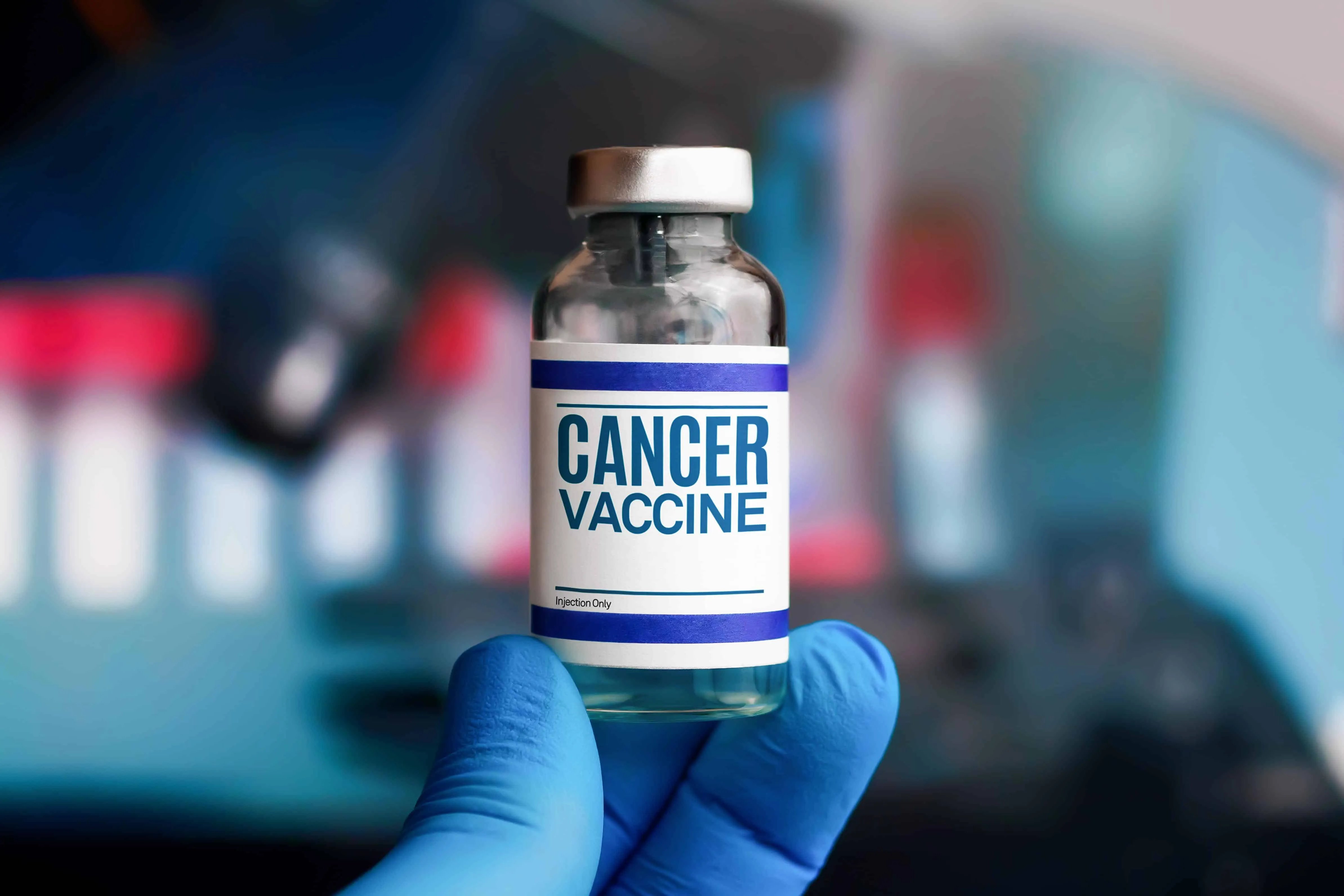Despite Promising Results From A Cancer Vaccine Trial, Moderna Shares Fall
A new trial result for a personalized cancer vaccine that Moderna is developing with Merck caused Moderna's shares to fall Monday.
There was little change in Merck's share price.
In their first detailed presentation of results from a key phase two clinical trial, Merck and the mRNA vaccine demonstrated that it was 44% more effective than Keytruda alone in reducing skin cancer melanoma recurrences.
In comparison, 62% of those who received only Keytruda remained cancer-free for 18 months, compared with nearly 80% who received both vaccines and drugs, the companies said. Aside from fatigue, the most common side effect of the vaccine was mild side effects.
In December, the American Association for Cancer Research released preliminary results on the treatment combination. These results were presented at a meeting in Florida.
According to Moderna's head of development, therapeutics, and oncology, Kyle Holen, the vaccine combined with Keytruda could potentially extend the lives of high-risk melanoma patients. There is a plan for Moderna and Merck to initiate a phase three trial in 2023, and they are also going to “rapidly expand” their research to investigate the effects of the treatment on additional types of tumors, including one type of lung cancer.

As a result of the news, Wall Street responded with a mix of cautious optimism and skepticism.
Based on the results, analysts at SVB Securities believe the personalized cancer vaccine has great potential. According to the firm, accelerated approval is not an option since the treatment's path to approval is new and untested.
Food and Drug Administration's (FDA) accelerated approval designation aims to facilitate a faster process for approving drugs for serious conditions that fill a medical need that is unmet by current treatments.
It appears that many Moderna and Merck stakeholders remain cautiously optimistic about the prospects of the cancer vaccine and Keytruda combination, according to a Monday report by Wolfe Research analyst Tim Anderson.
There was a reasonable amount of expectation going into the weekend for the treatment combination, but he noted there is still a wide range of cancer vaccine skeptics due to the fact that there has been such a long history of failures in this area.
According to Wells Fargo analyst Mohit Bansal, he is also "cautiously optimistic" about the combination of treatments. Personalized cancer vaccines may have been more successful because of "trial imbalances," Bansal said in a Sunday note.
These imbalances warrant further research into the treatment, he said.

Subscribe to our newsletter!
As a leading independent research provider, TradeAlgo keeps you connected from anywhere.








